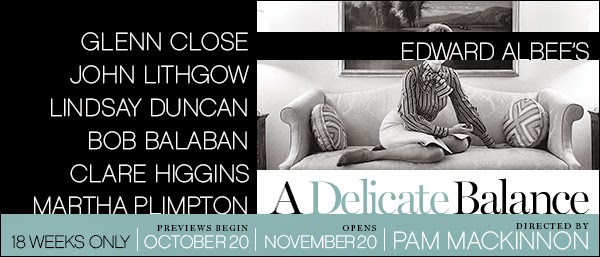I wish that you were hear to hear me say
“Thank you for
everything.” I can just see
You shake your head and mutter: “That’s okay,”
Or say: “Oh
no—thank you,” and smile at me
Like I did anything that could compare
With what you did
for me without a thought.
To find someone with heart like yours is rare;
It can’t be
measured and it can’t be taught—
Just missed and mourned so much after it ends.
You were the
definition of sincere,
And in your memory I’ll give my friends
The hug that you’d
give me if you were here—
And be there
for them all unselfishly
The way that
you were always there for me.
Copyright 2014 Matthew J Wells








